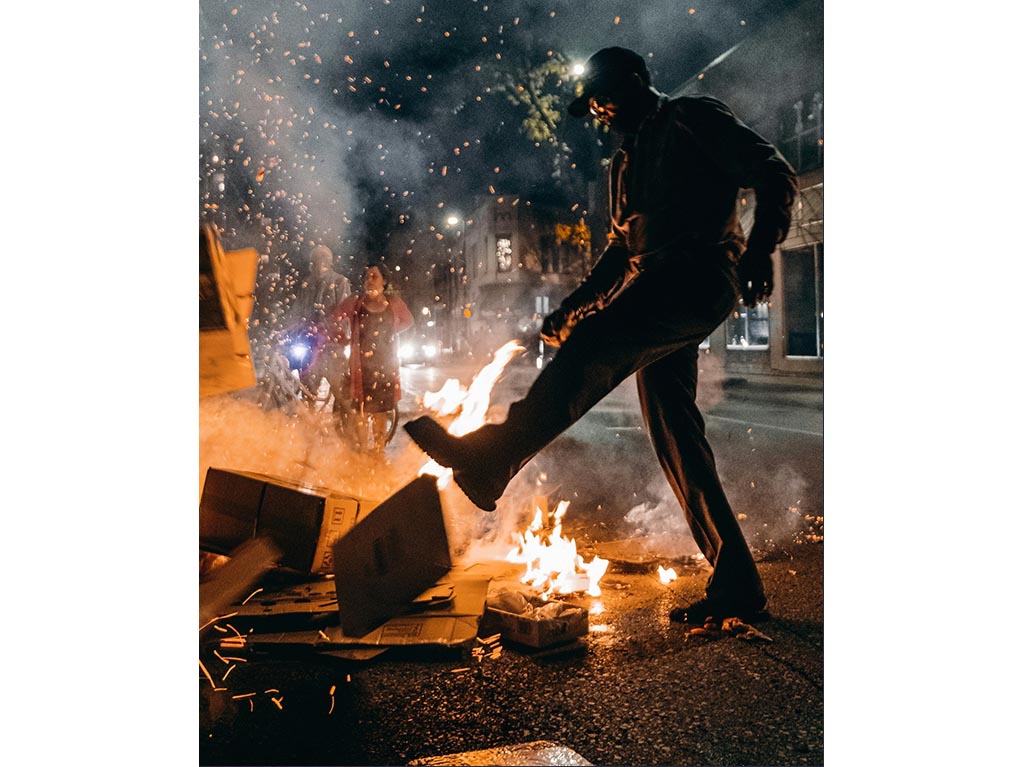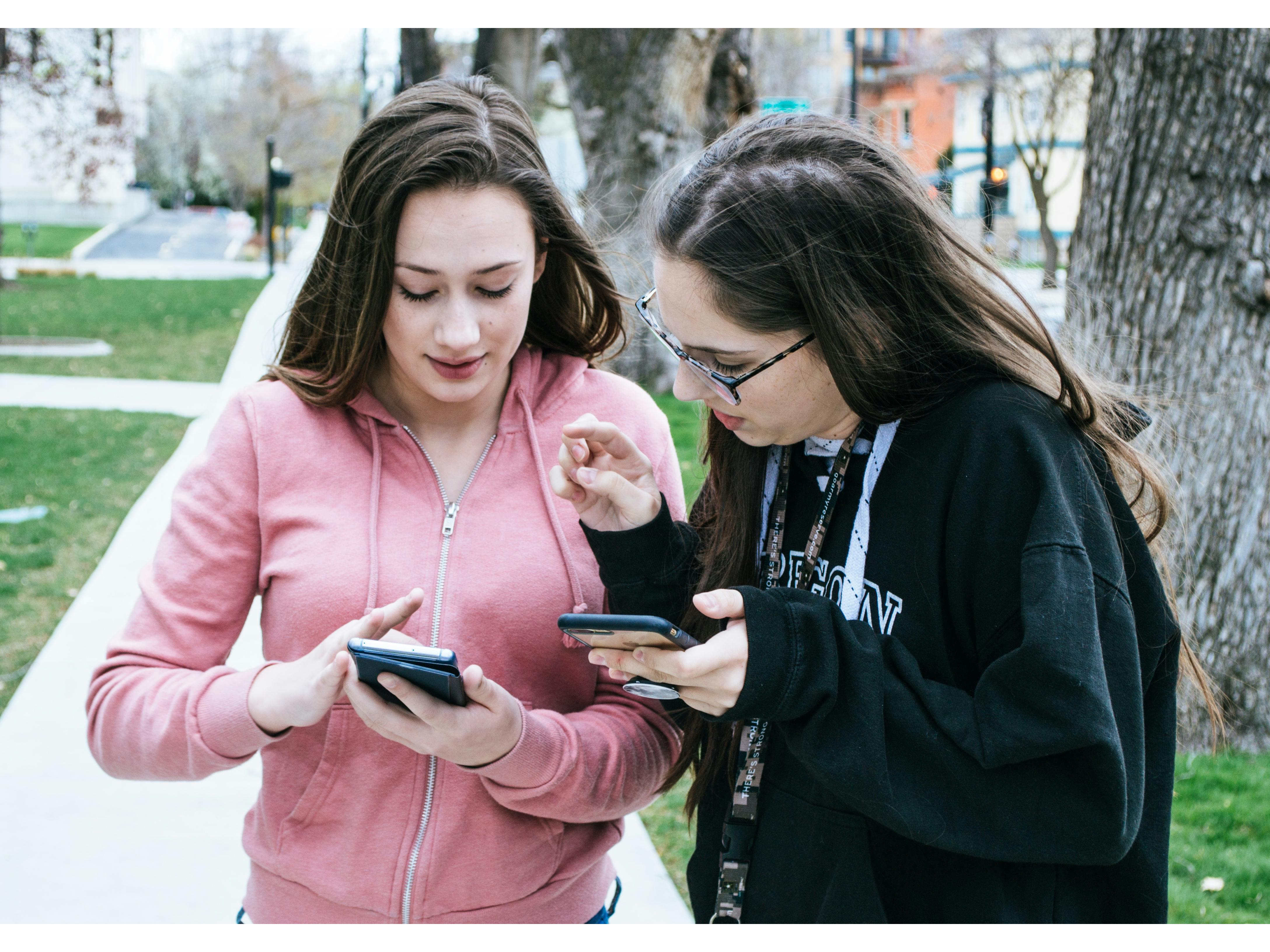Industry Talk - Free Talk
From Crisis to Connection: Marketing Tips for Troubled Times
by Lynn Fakhry, brandon
October 31, 2024
.jpg) Advertisement
Advertisement
There’s no doubt that we’re currently operating in uncertain times. The world feels like it’s in a constant state of flux—unexpected crises have become part of our daily reality. From global health emergencies that stopped us in our tracks to political conflicts that disrupt lives and livelihoods, we’re reminded again and again how fragile our normalcy can be.
At brandon, we’ve faced these challenges alongside our clients, adapting to each situation with perseverance and creativity. These moments test us—our resilience, our ability to adapt, and most importantly, our capacity to care.
As professionals, it may feel like the time to go silent, to retreat until things stabilize, but we know from experience that how we communicate during these turbulent periods is more critical than ever. Marketing is not just about selling; it’s about being present, showing empathy, and building trust that will last far beyond the crisis at hand.
So, how do we communicate thoughtfully and remain relevant, without sounding tone-deaf to the world around us?
1. Pause and Assess the Situation
Before jumping into any kind of communication, take a step back. Understanding the gravity of the situation in your country or even globally is the first step. Consider the impact of the event on your audience, clients, and the wider community.
Ask yourself: How can we help? It’s important to assess whether your brand has a role to play in offering support, whether that’s through direct action, such as donating to relief efforts, or indirectly by providing valuable information and resources.
2. Help Now—and in the Better Days Ahead
In moments of crisis, the true character of a brand is revealed. While helping others can certainly foster future loyalty, the instinct to help should come not from a place of strategic calculation, but from a genuine desire to do what’s right.
Whether it’s offering relief, supporting vulnerable communities, or simply being a voice of reassurance, your brand can show that it stands for more than just profit. It’s about contributing when it matters most, and continuing to help even as the world moves toward recovery. We will all face better days in the future, but what your brand chooses to do now will be remembered long after the crisis passes.
Take Uber, for instance, which responded to the political conflict in Ukraine by offering free rides to help refugees escape to safety across borders.
Fashion brand Armedangels took a bold step during the European refugee crisis, donating clothing to displaced individuals in need, ensuring that essential resources were directed to where they were most required.
Similarly, during the COVID-19 pandemic, LVMH, the luxury goods giant, quickly repurposed its factories to produce hand sanitizer when there was a global shortage. And during the devastating Australian wildfires, Airbnb stepped in with their "Open Homes" initiative, offering free housing to those displaced by the fires.
Each of these brands went beyond their usual operations to make a tangible difference in the face of crisis, not because it was a business opportunity, but because it aligned with their values.
3. Share the Good You’re Doing—With Humility
When your brand is actively helping during times of crisis, it’s important to communicate those efforts. People want to know that companies are stepping up, but it’s essential to strike the right tone, ensuring that your message doesn’t come across as virtue signaling. Rather than simply broadcasting the fact that you’re making donations, share the human stories behind your contributions: the communities you’re supporting, the challenges they’re facing, and how you’re making a difference.
Be transparent about the specifics—let your audience know where the help is going, how it’s being implemented, and the tangible difference it’s making. Sharing updates, progress, and outcomes allows your audience to see the real-world impact, which can inspire others to get involved as well.
4. Offer Mental Relief and Be a Beacon of Hope
In the midst of overwhelming news and constant online updates, many people experience news fatigue and emotional burnout. Your online community may need a breather, a source of motivation, and emotional comfort. If it aligns with your brand identity, consider sharing messages of hope and resilience.
It’s important to acknowledge that the anger, frustration, and anxiety people feel during a crisis are valid and normal. Remind your audience that they are not alone in their emotions, and that these feelings are justified given the circumstances. But more than that, share uplifting messages that encourage your community to push through the challenges, and remind them that better days are ahead. Sometimes, hope is the most powerful thing we can provide—it’s the one thing that remains certain when everything else feels unstable.
5. Plan for the Future and Be Prepared
One of the most important lessons to take from any crisis is the necessity of planning ahead. It’s essential to look toward the future and establish contingency plans for different scenarios.
Now is the time to work with your team on building a solid crisis response framework. This could include investing in online staff training, which has proven valuable across various crises. Additionally, put fallback scenarios in place—discuss possible crisis grades and how each could impact your communication. There will be times, such as the peak of a conflict, where all communication should pause. Establish clear guidelines with your agency or communication team on when to cease activities entirely, ensuring that everyone is aligned on lead times, emergency protocols, and key contacts, even during weekends or outside business hours.
Crisis communication isn’t just PR’s job—it requires coordination across all channels to ensure your brand is prepared, responsive, and mindful of the situation.
In times of crisis, consumers are watching closely, and brands that take meaningful actions are rewarded with loyalty, and engagement. But those that remain silent or fail to get involved risk standing out for the wrong reasons.
At brandon, we haven’t paused our operations or online communication during challenging times, and neither have our clients. Instead, we’ve actively sought ways to stay present, helping clients engage with their audiences by offering solutions and emotional support.
You can’t predict how long uncertainty will last, but keeping the business running is essential—not only to maintain client relationships but to support the livelihood of the teams who rely on us.
To our clients and friends, we say: the brandon team is here to support you in any way we can—just reach out, as we navigate these hard times together.



.jpg)










